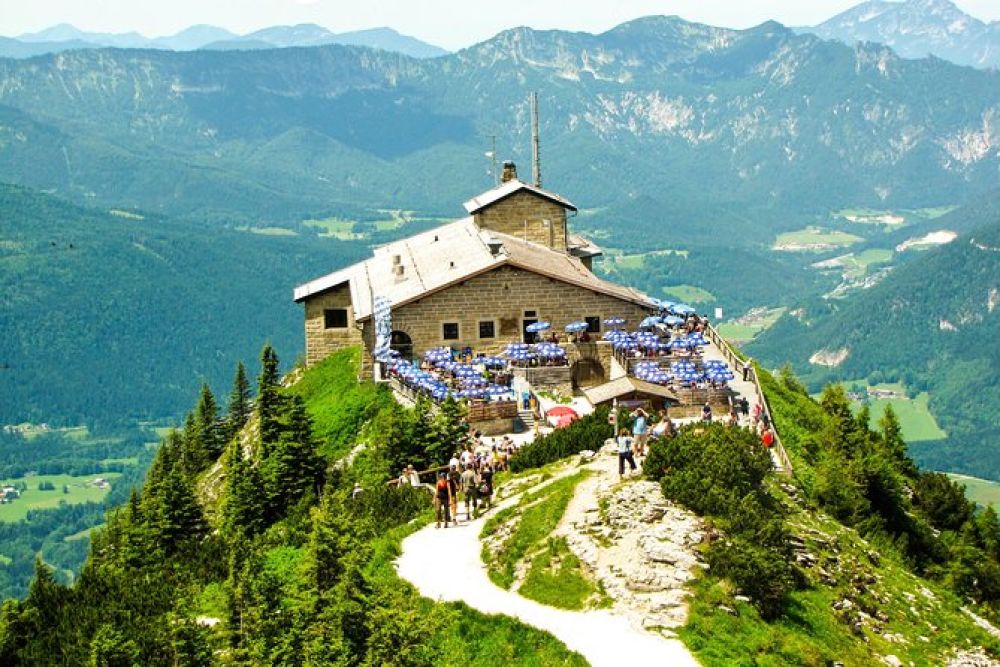

Nestled in the enchanting valley of Hunza in Pakistan's Gilgit-Baltistan, the Eagle's Nest offers a breathtaking panoramic view of several mountain peaks, including the majestic Rakaposhi, Ultar Sar, and the Ladyfinger Peak. Its unique vantage point has made it not only a favorite spot for tourists but a symbol of Pakistan's natural beauty.
Initially, the site was less accessible and known only among the most adventurous travelers and hikers. However, with the development of the Karakoram Highway in the 1970s, which links Pakistan to China, the region became more accessible, leading to a gradual increase in domestic and foreign tourists. The name 'Eagle's Nest' refers to the hotel located at one of the highest points in Hunza, Duikar village, which was established to cater to the needs of visitors looking for comfortable accommodations with awe-inspiring vistas.
Over the years, the Pakistani government and private sector have invested in infrastructure, creating better connectivity and accommodations, subsequently growing Hunza's profile as a world-class tourist destination. The establishment of the Eagle's Nest Hotel has played a significant role in this transformation, offering facilities that cater to a wide range of tourists, from luxury seekers to backpackers.
Eco-tourism has been gaining momentum in Hunza, with more travelers seeking sustainable and environmentally friendly travel experiences. The pristine natural environment of the area is ideal for this kind of tourism, and local businesses are increasingly adopting green practices.
Furthermore, the trend of digital nomadism has reached Hunza, and more visitors are looking to combine work and travel, taking advantage of the region's natural beauty and the increasingly available internet connectivity.
Adventure tourism is also on the rise, with hiking, mountaineering, and exploring the ancient Silk Route being among the popular activities. The Eagle's Nest serves as an excellent base for these adventures, providing unique opportunities to explore the rich culture and history of the region.
Tourism in Hunza Valley has also led to an increased interest in the local culture, traditions, and cuisine. Visitors are drawn to the vibrant cultural festivals, traditional music, and the warm hospitality of the Hunzai people. As a result, local artisans and businesses have found new markets for their products, further promoting the area's unique heritage.
Despite the growth in tourism, there are challenges related to over-tourism and environmental degradation. There is a concerted effort by stakeholders to implement sustainable tourism practices that will help preserve Hunza's natural and cultural assets for future generations.
In conclusion, while the tourism history of Eagle's Nest in Hunza is relatively brief compared to other global destinations, its development reflects a growing appreciation for the natural beauty and cultural richness of the region, which continues to draw visitors from around the world. With responsible growth, Eagle's Nest will continue to thrive as a premium destination for those seeking adventure, culture, and tranquility.